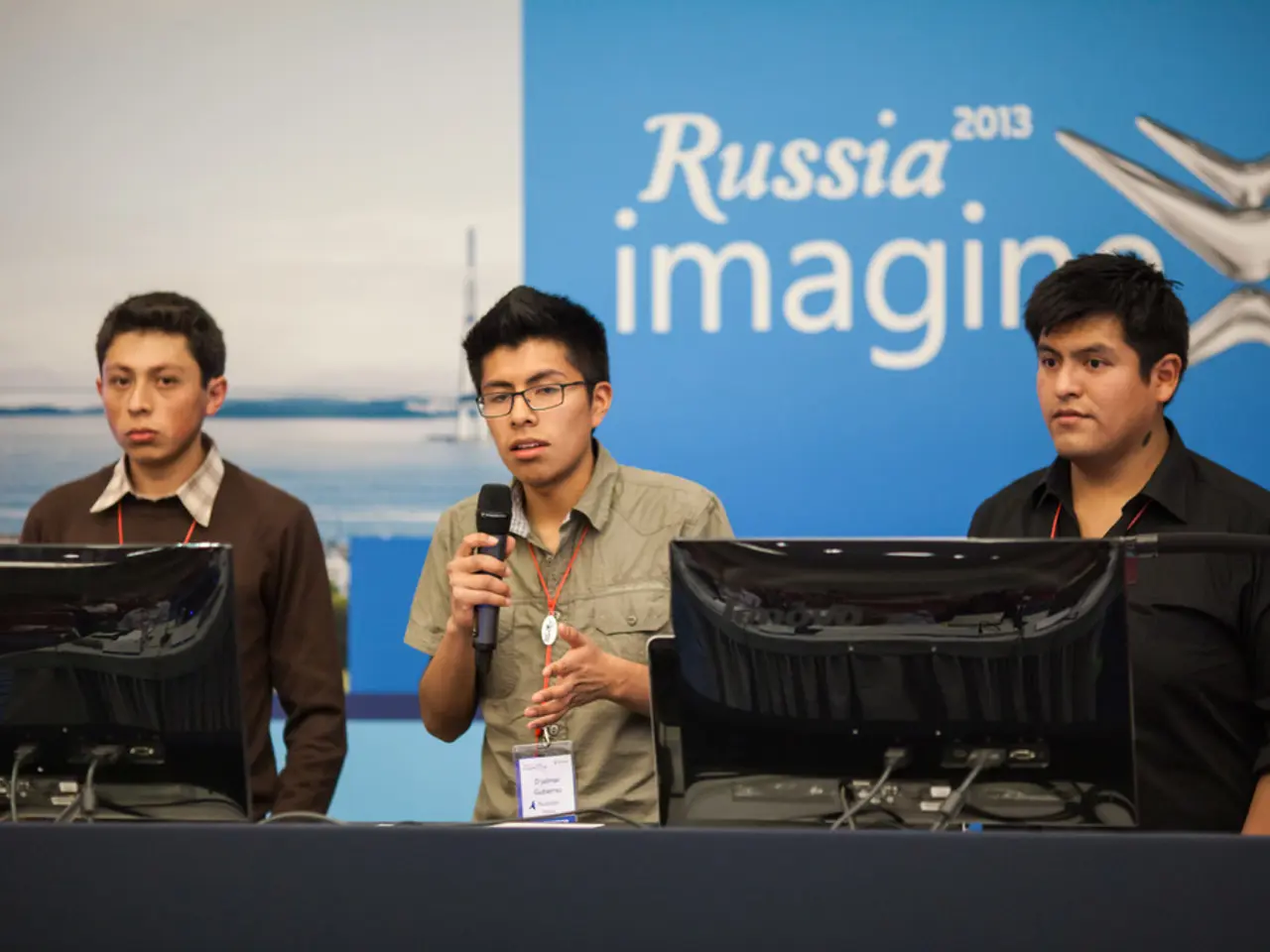AI-Developed Innovation Granted Patent Status by UK Court
In a groundbreaking decision, the High Court has ruled that artificial intelligence (AI) inventions based on artificial neural networks (ANNs) can be eligible for patent protection. The ruling, in the case of Emotional Perception AI Ltd v Comptroller-General of Patents, Designs and Trade Marks, has significant implications for AI development and patenting in the UK.
The case centred around a patent application for an AI system designed to recommend files, such as music recommendations. The UK Intellectual Property Office (UKIPO) initially rejected the application, stating that the invention was a computer program "as such" and therefore excluded from patentability. However, on appeal, the High Court (Sir Anthony Mann) found that the AI's technical selection and movement of files based on specific criteria resulted in a beneficial external effect, thus meeting the required technical effect to avoid exclusion from patentability.
The ruling establishes that AI inventions must demonstrate a technical contribution or effect beyond mere software running. Subjective or cognitive benefits alone are insufficient. The decision emphasizes the need for future AI patent applications to highlight how the invention produces a technical or functional outcome external to just executing code, potentially broadening the scope of patentable AI innovations.
The UKIPO has temporarily suspended the use of its examination guidelines on patent applications relating to AI while it considers the judgment. The decision aligns with the UK government's pro-AI innovation approach, timely given the government's recent AI summit, significant investment in UK AI development, and the progress of UK and international initiatives to regulate AI.
The patent in question covers both a hardware ANN and a computer emulated ANN (an emulation of a hardware ANN run on software). The ANN is trained to adjust its analysis based on the analysis conducted by a second ANN for the same file pairs. It is able to discern the semantic similarity of a file from its physical properties and make recommendations of semantically similar files from an overall database.
The judge held that if the computer program exclusion did not apply to a hardware ANN, then it should not apply to an emulated ANN either. The ANN's analysis and selection were considered to be technical in nature. The High Court's decision overturns a decision from the UKIPO regarding AI inventions and patentability.
The patent applicant, Emotional Perception AI Ltd, successfully argued that the invention is not a computer program and the judge agreed. The ruling positions the UK as an attractive jurisdiction for AI development where patent protection can be obtained.
The decision, while obiter, sets a precedent that AI patentees must clearly demonstrate a technical effect or technical contribution in their inventions to satisfy patent eligibility requirements, particularly overcoming the exclusion of “programs for computers as such.” This influences how AI inventions are drafted, prosecuted, and evaluated in patent offices.
The ruling has potential wide-reaching implications and opens the door to patent protection for many AI inventions. It is part of a continuing debate about the challenges of patenting AI inventions, where courts balance the need to incentivize innovation with concerns about excluding abstract software and the high costs and complexities involved.
The High Court's ruling indicates that artificial intelligence (AI) inventions based on artificial neural networks (ANNs) can now potentially be protected by intellectual property rights, offering a significant boost to AI innovation in the UK. This decision underlines the importance of demonstrating a technical effect or contribution in AI patents to avoid being excluded as "computer programs as such," paving the way for the patentability of various AI-related technologies.




